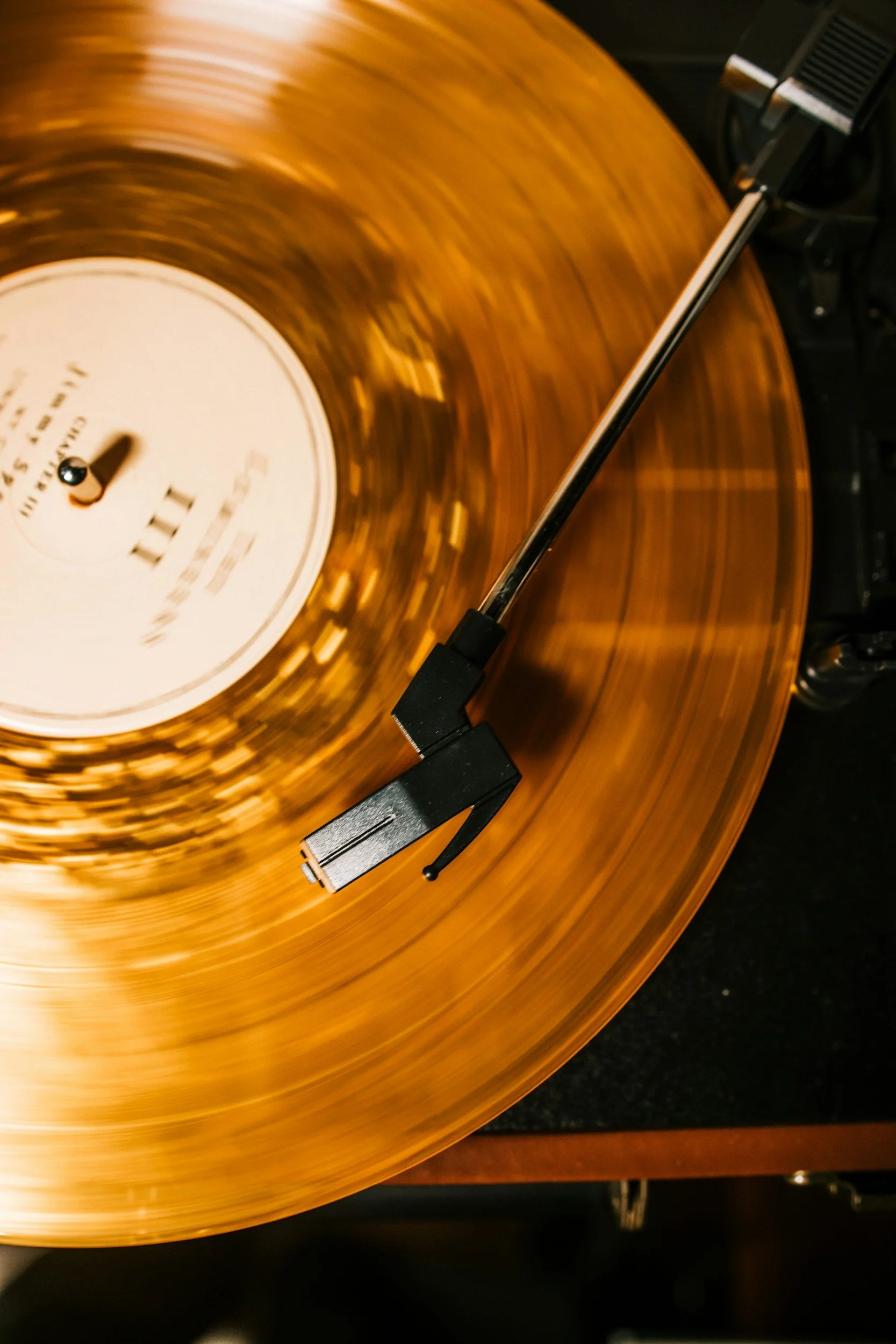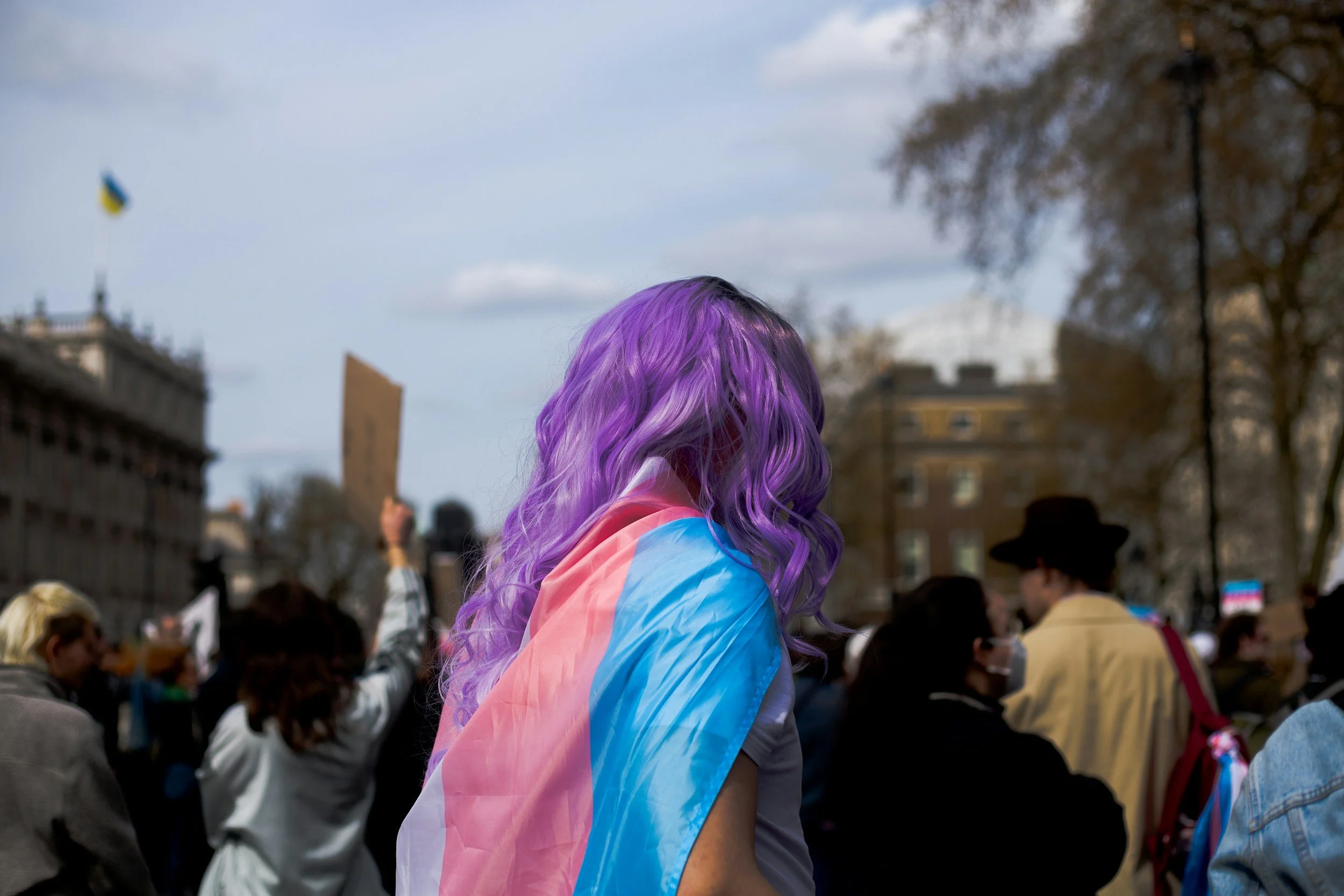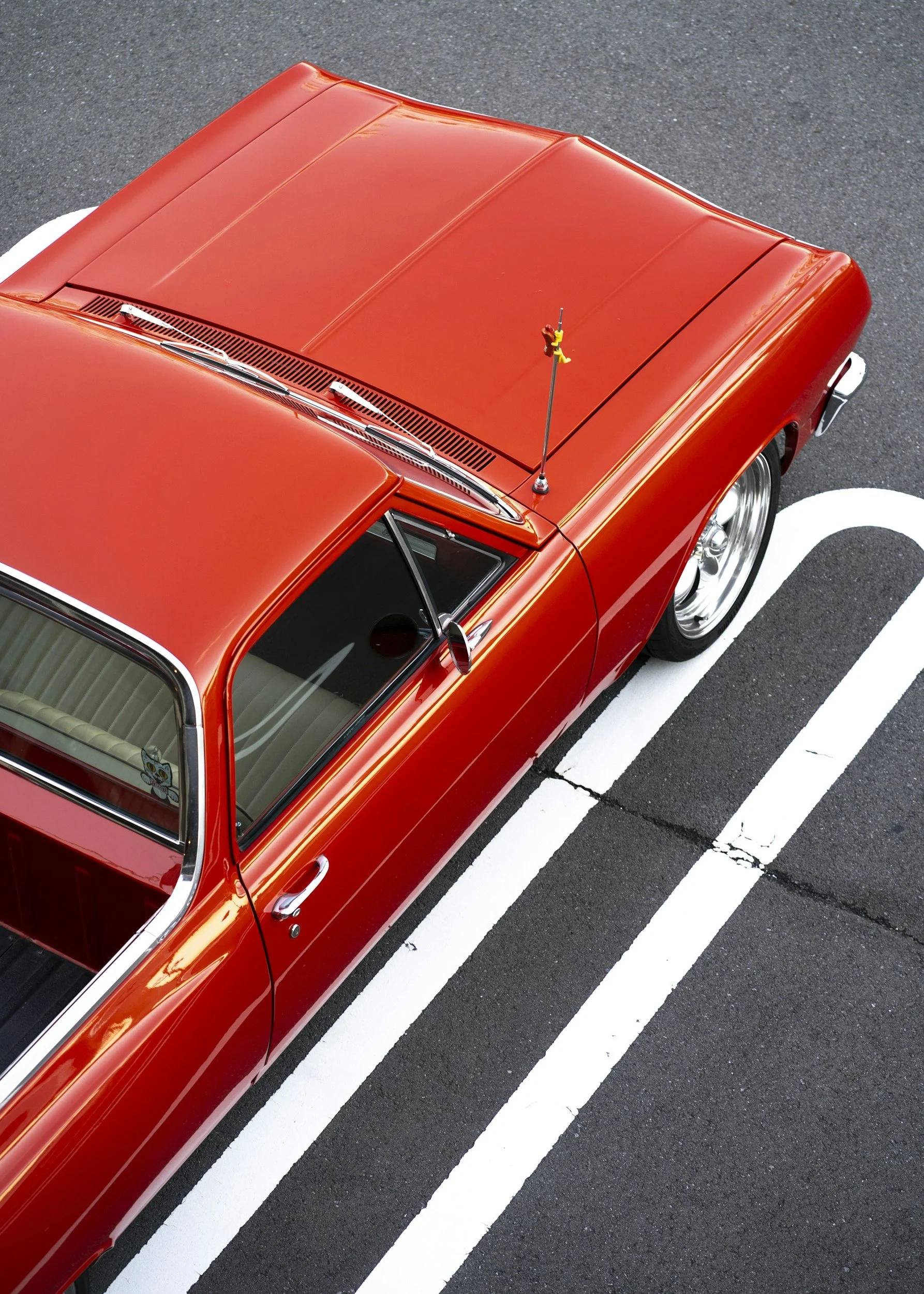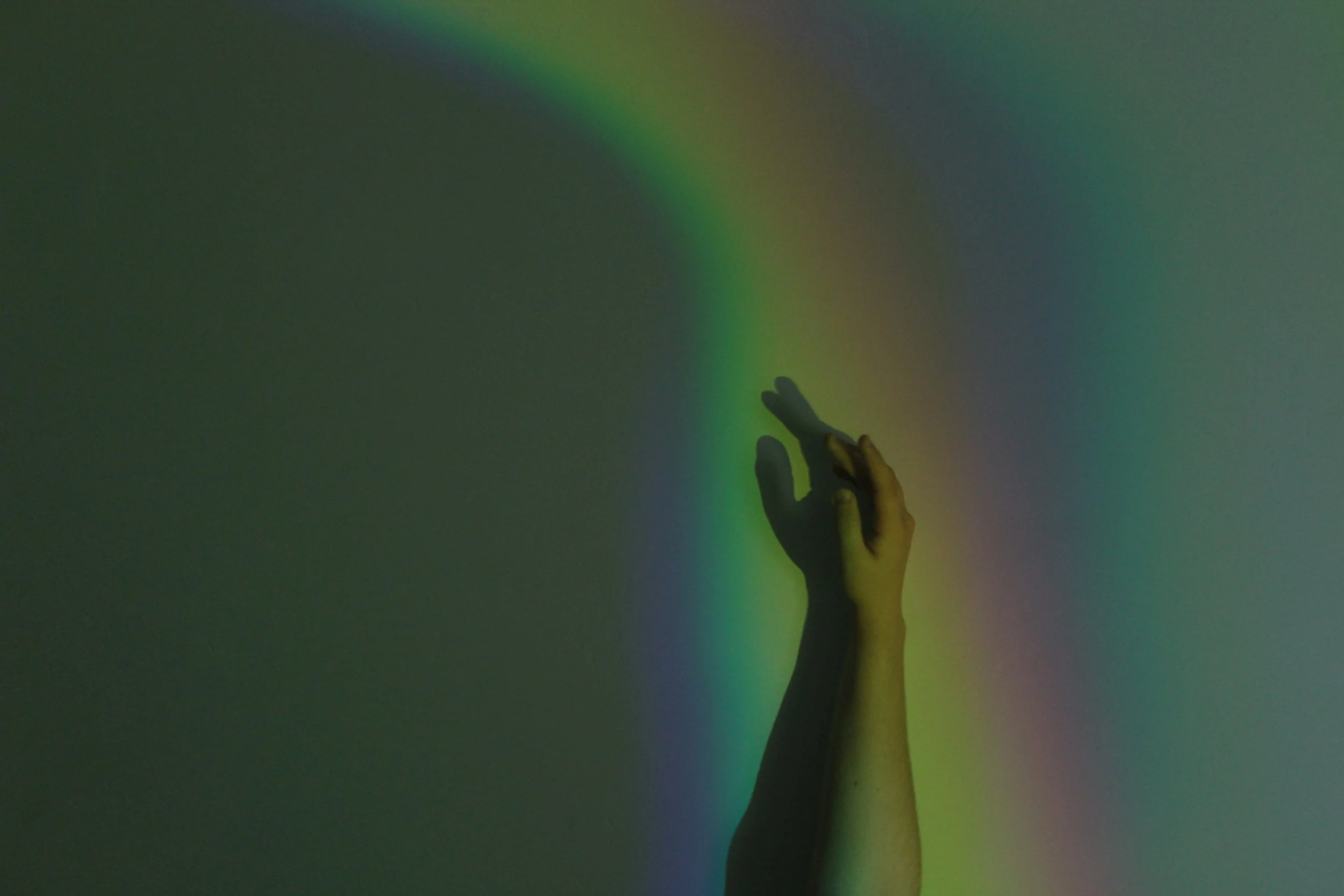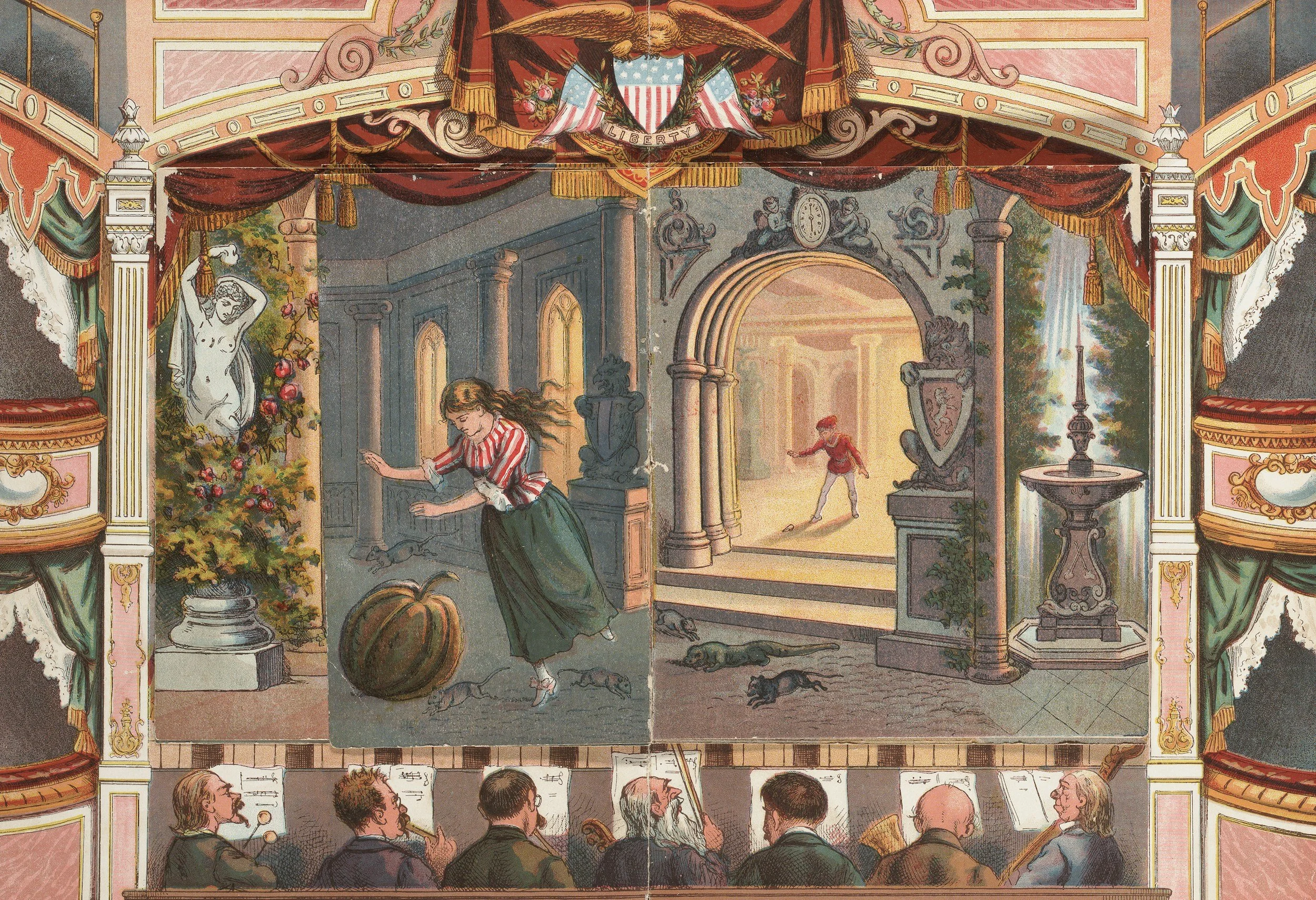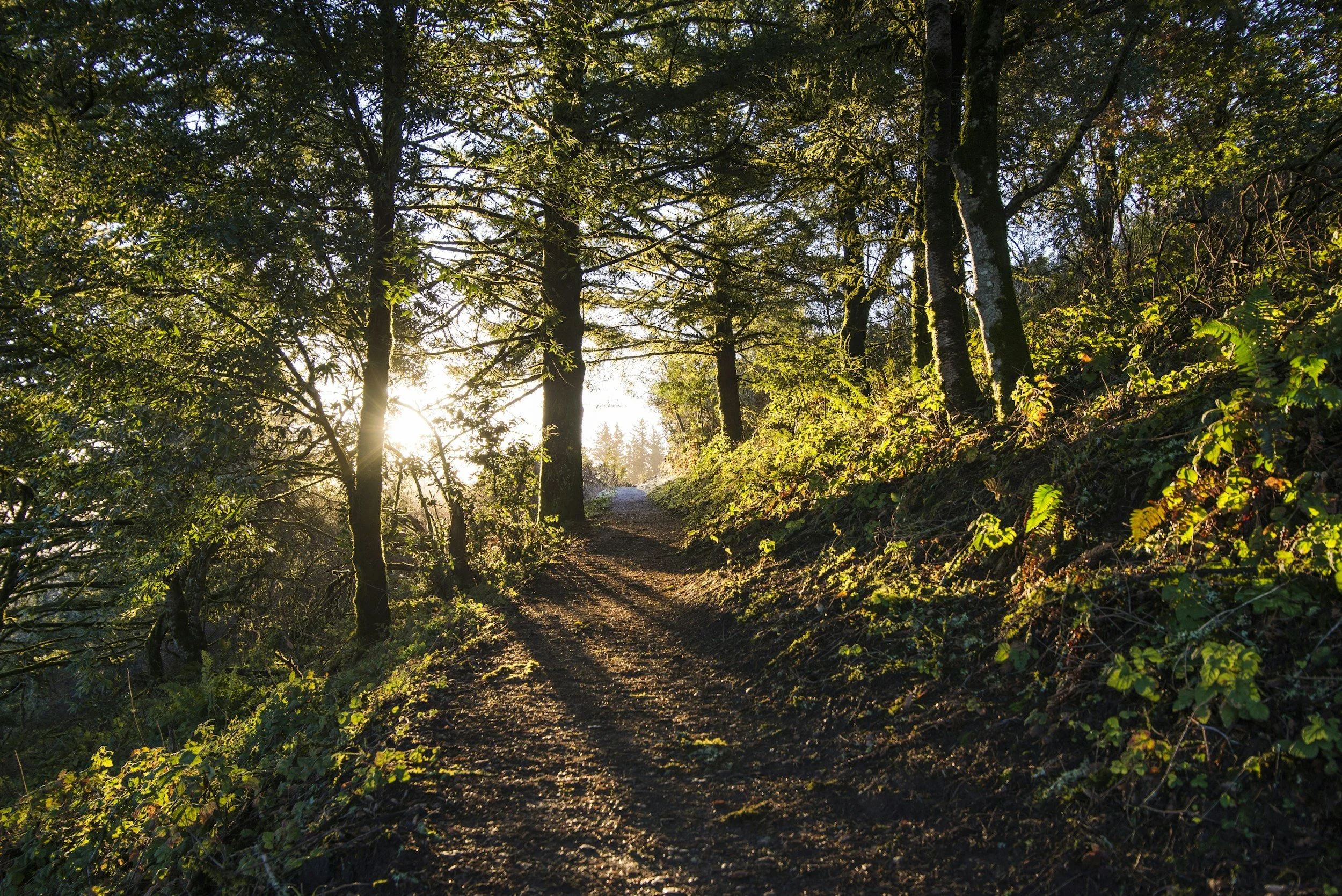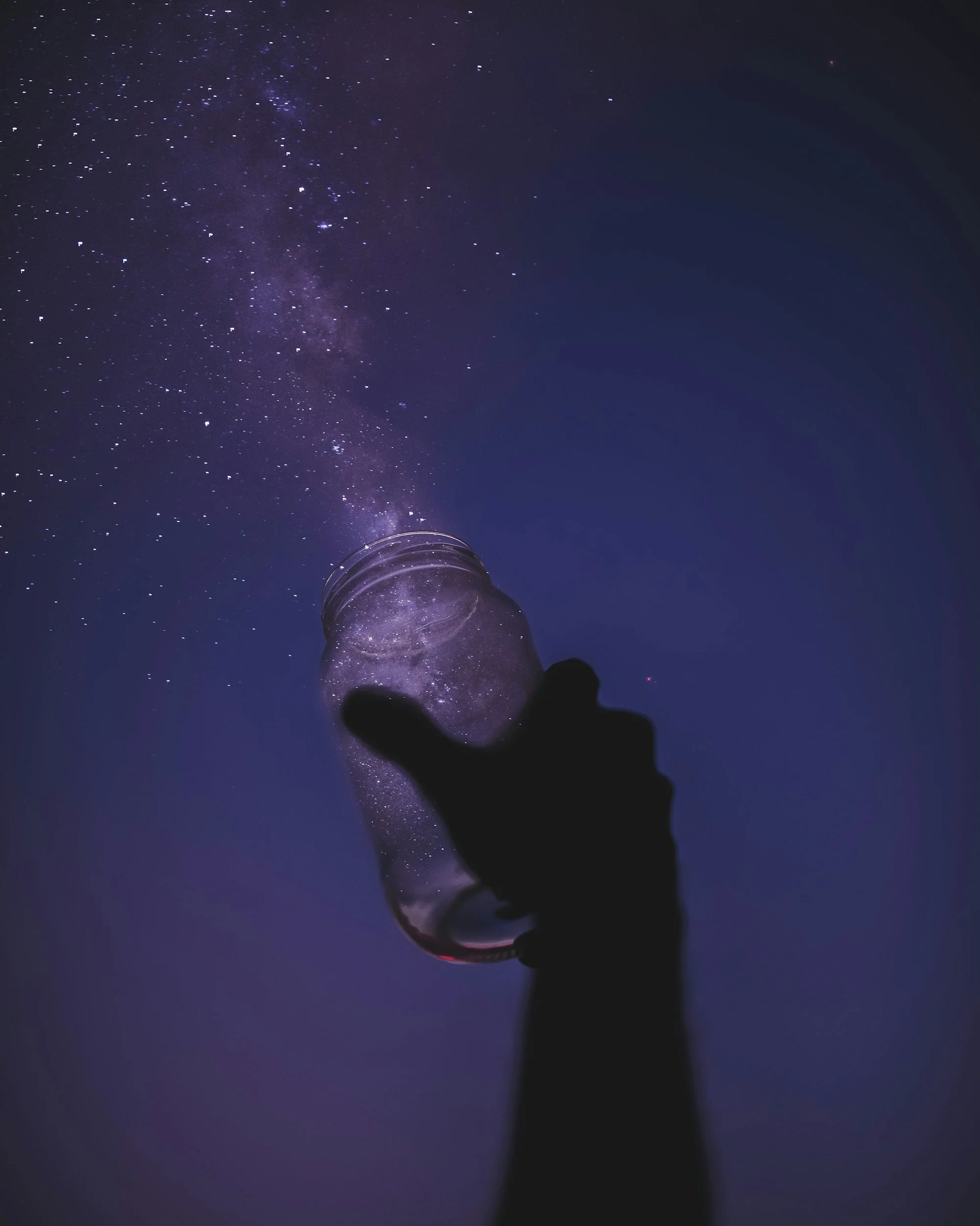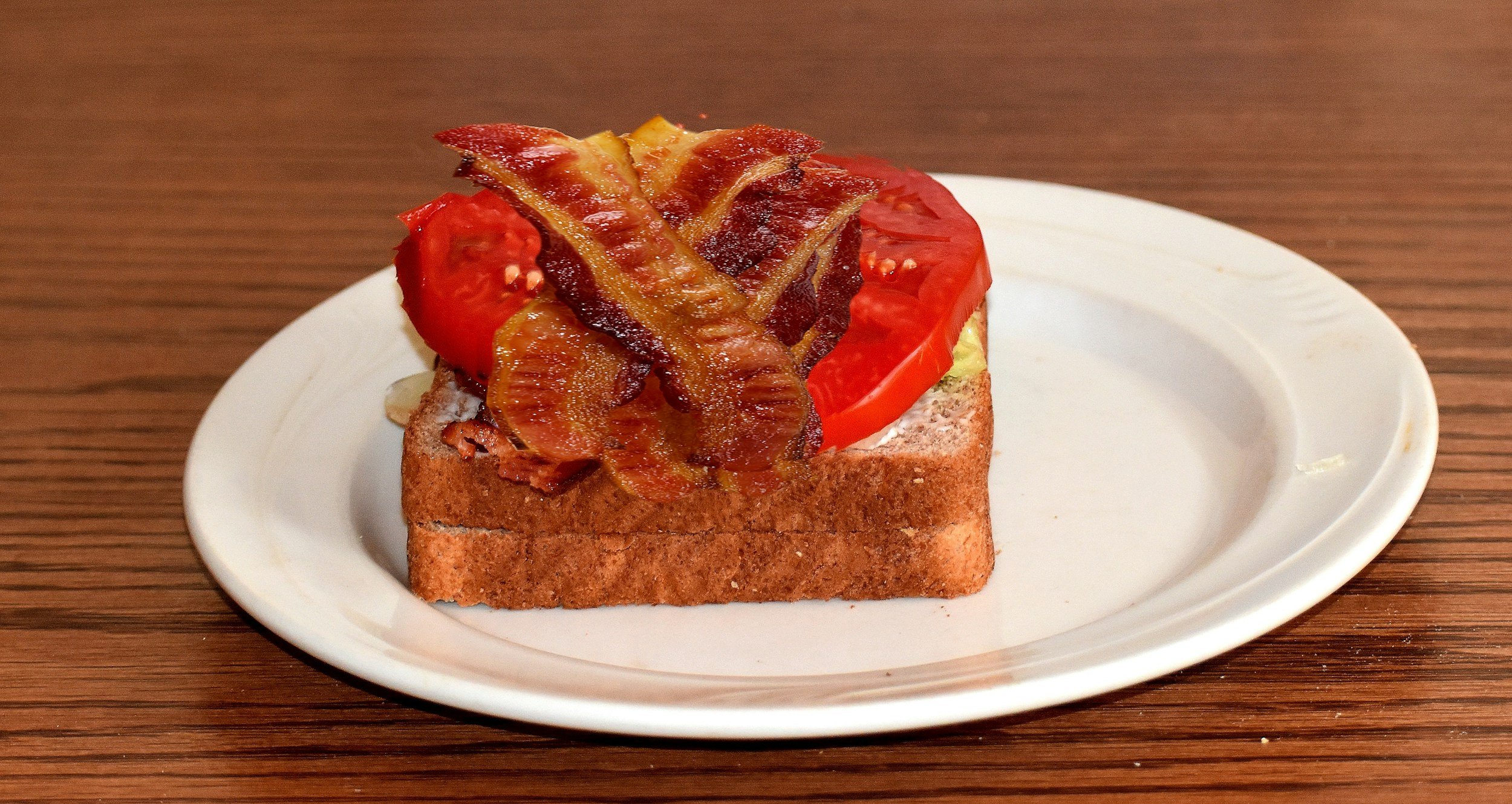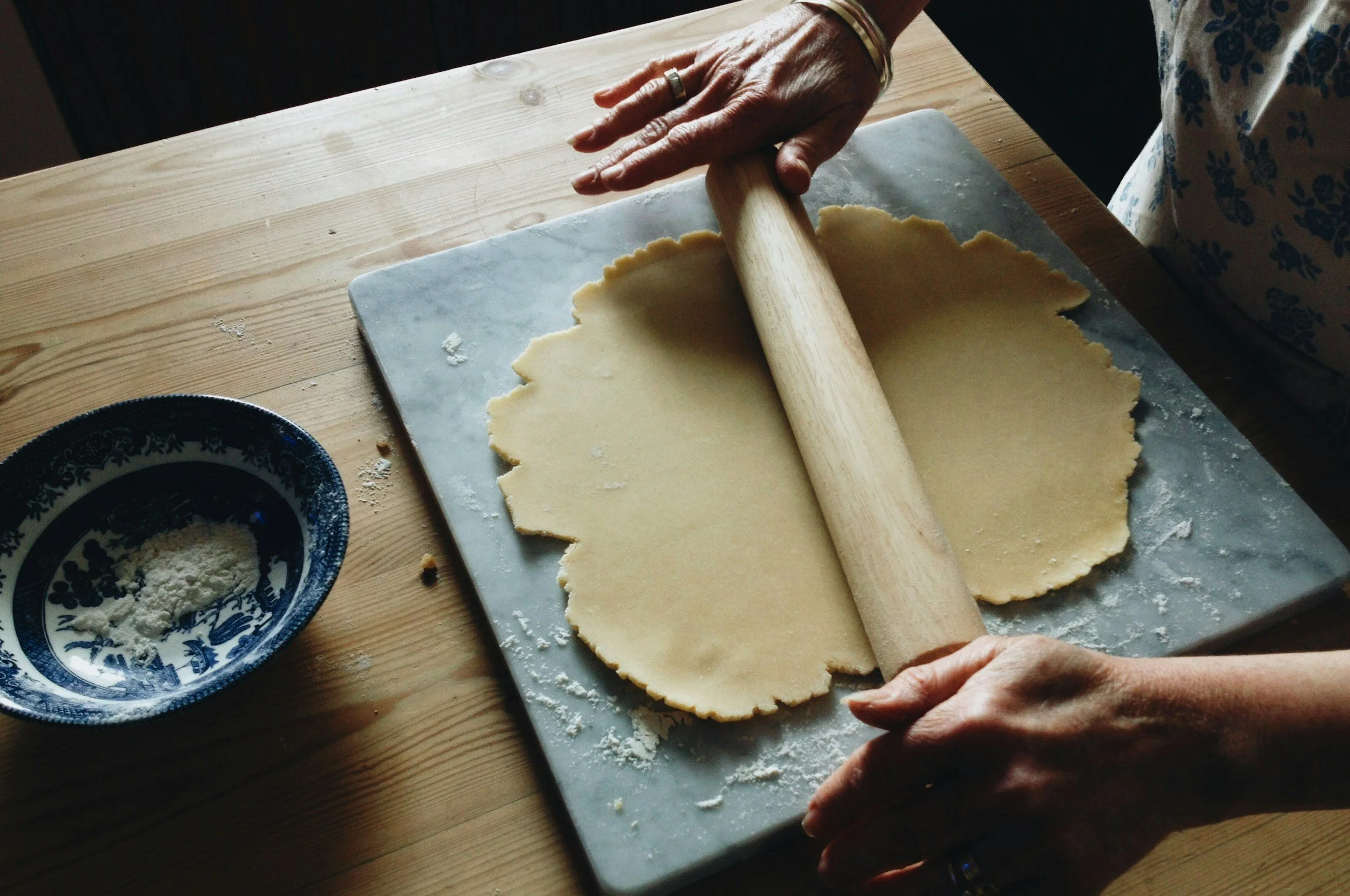Woman Reimagined
“How do you feel about your breasts?” my closest friend asked me as we gathered for a drink after work on my patio. I didn’t have to dig very deep for my response. My feelings about this part of my body haven't changed in the forty-two years since I first felt the beginnings of my breasts rubbing against my shirt as an eleven year old. My friend’s question felt like a gift. I could finally give voice to my feelings about my breasts, something I’ve kept hidden from others because I believed it ran counter to how I was supposed to feel about this part of my body that so fully declared my gender and shaped much of my experience of being female.
“Meh,” I said, “I have no attachment to them.”
It was freeing to declare my lack of allegiance to my breasts, yet I also felt bad about giving my friend an honest response. She had recently undergone a mastectomy and, rightfully, had many feelings about losing one of her breasts. I felt guilty for having both of mine while also knowing I’d probably be fine if I didn’t have breasts, in fact, I think I’d prefer it. I’ve often dreamed of being able to put on a t-shirt and jeans and run out the door like men do, without having to consider containing my breasts.
My detachment toward this physical manifestation of being female often makes my claim to womanhood feel precarious. Other women seem to have a friendship with their breasts that eludes me, as if they have an innate appreciation for them that I lack. Because I’m a queer woman, my orientation to my body, other bodies, and the world is also different from that of many other female identifying people so I try to grant myself the grace to hold this difference too.
When I was a young girl, I struggled to find a place for myself in the narrowly defined version of female that was presented to me. I was a tomboy who was better at sports than many boys. I had short hair, loved to wear the jerseys of my favorite sports teams, and dreamed of making the winning catch for my team. Once my breasts formed, my world changed. Running and diving didn’t feel as free and easy as they once did now that part of my body was bounding along with my every move. Boys were no longer interested in playing sports with me; they wanted my body for other things and I wasn’t interested in doing those things, much less with boys. I cast my eyes downward whenever I noticed their gazes no longer settled on my face and instead found a resting spot several inches lower. I quickly learned that boys felt the right to claim my body in a way that I couldn’t even do for myself.
When my mom told me it was time to start wearing a bra, I resisted. I didn’t want to acknowledge the changes my body was going through. I thought if I ignored my growing breasts, they’d go away and I could go back to being the girl who threw farther and harder than most of the boys and they’d want me on their teams again. I finally gave into wearing a bra when my breasts became a popular topic of conversation among the boys in my class. I thought if I covered my breasts the boys would stop talking about them, but that didn’t happen so I shrank into myself, slouching my shoulders inward trying to cover up my chest from their hungry eyes. Eventually, other girls’ chests passed mine in size and I was saved from my breasts being the center of attention, but the damage was done. I was convinced my breasts had ruined my life.
As an adult, my uneasy relationship with my breasts continued. When they grew sore once a month, I cursed them knowing I wasn’t going to need them for their intended purpose of nourishing a child. When I go braless, I’m reminded that this part of my body exists as my breasts move in time with my stride. I feel most free when my breasts are pinned tightly to my chest by a sports bra and can’t move. I like being unencumbered by them. When I learned about chest binding, I realized that’s what I’ve been trying to do all these years, to make my breasts invisible and immovable, to make them disappear.
I’ve come to realize that how I feel about my breasts is emblematic of how I feel about my gender. I often feel like an unwelcome visitor to the island of womanhood. I exist somewhere near the edge of female, bordering it, but never touching it fully. My experience feels tangential to that of other women I know who seem to fully embrace being female and celebrate their gender with the clothes, makeup and accessories that it doesn’t occur to me to want. Many women harbor a longing that their bodies give birth and be desired by men while I continue to honor my body by using it as a means to experience physical joy through biking, paddling, hiking and communing with the natural world.
Finding myself outside of the prescribed ways of being female leaves me in a constant conversation with myself about gender and its expression. I’ve worked hard for many years to carve a space for myself in womanhood, yet now that I’m finding the freedom that comes with age, I’m learning to accept the fact that not all women fit into the prescribed cultural mold of what it means to be female. I’m shedding the parts of gender expectations that don’t work for me and I’m slowly coming to a place that feels free and true, redefining what it means for me to be in my body. I feel as though I’m reclaiming the person I was always meant to be, but lay buried under the heavy burden of learned gender performance. I’m moving toward a level of self acceptance my younger self never dreamed possible, one permission at a time.
-Cindy Mundahl
Cindy Mundahl is a writer and librarian from Minneapolis, MN. Her work has appeared in Minnesota Women's Press, The Bookends Review, and Mothers Always Write, among others. She's currently working on a memoir titled Reclamation about her late in life struggle with identity.

